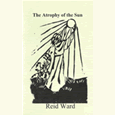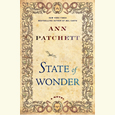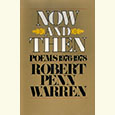Delicious Words
Dave Eggers and Valentino Achak Deng head to Tennessee to discuss What is the What as part of the 2015 Memphis Reads celebration
Valentino Achak Deng’s torturous thirteen-year journey as a “lost boy” of the Sudanese civil war began when an attack on his village left him suddenly running through the forest in the night, alone at the age of seven. His story of surviving the deserts of East Africa in a file of boys who were pursued by lions, vultures, and crocodiles, as well as “human killers,” became the celebrated 2006 novel What Is the What by Dave Eggers.
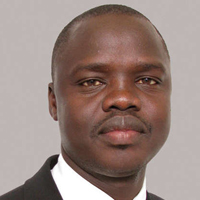 Deng and Eggers will be in Memphis next week to talk about this hybrid work, which Deng describes in a preface as a true and historically accurate “soulful account of my life,” presented as fiction only because it relies on a child’s memories and recall of conversations. They’re headliners for the 2015 Memphis Reads program, which will offer free public events to be held at Rhodes College and the Creative Arts Building next to Liberty Bowl Stadium. (See information box for details.)
Deng and Eggers will be in Memphis next week to talk about this hybrid work, which Deng describes in a preface as a true and historically accurate “soulful account of my life,” presented as fiction only because it relies on a child’s memories and recall of conversations. They’re headliners for the 2015 Memphis Reads program, which will offer free public events to be held at Rhodes College and the Creative Arts Building next to Liberty Bowl Stadium. (See information box for details.)
Eggers exploded onto the literary scene in 2000 with his memoir, A Heartbreaking Work of Staggering Genius, a Pulitzer Prize finalist which shares some traits with What Is the What. As Eggers noted on the copyright page of his bold debut: “This is a work of fiction, only in that in many cases, the author could not remember the exact words said by certain people, and exact descriptions of certain things, so had to fill in gaps as best he could.” A college student when both of his parents died of cancer within weeks of each other, Eggers suddenly found himself both an orphan and a single parent to his eight-year-old brother.
“By choosing one book for the city to read, we break down the walls that divide us,” said Karen Golightly, director of both Memphis Reads and the Fresh Reads program at Christian Brothers University, where she is an associate professor of English. “But getting people to read in general, to take time out of their busy lives to read a book—in this case, a 500-page book—is a goal in and of itself. Then giving them the opportunity to meet both the author of the book and its subject is rare and can be life-changing.”
What Is the What—the proceeds of which support the Valentino Achak Deng (VAD) Foundation, which built and operates a secondary school in South Sudan—is “the story of the ultimate underdog,” Golightly said. “The book is gripping and challenging in terms of its sometimes graphic nature, but it makes the reader push forward and cheer for Valentino with every step he takes.”
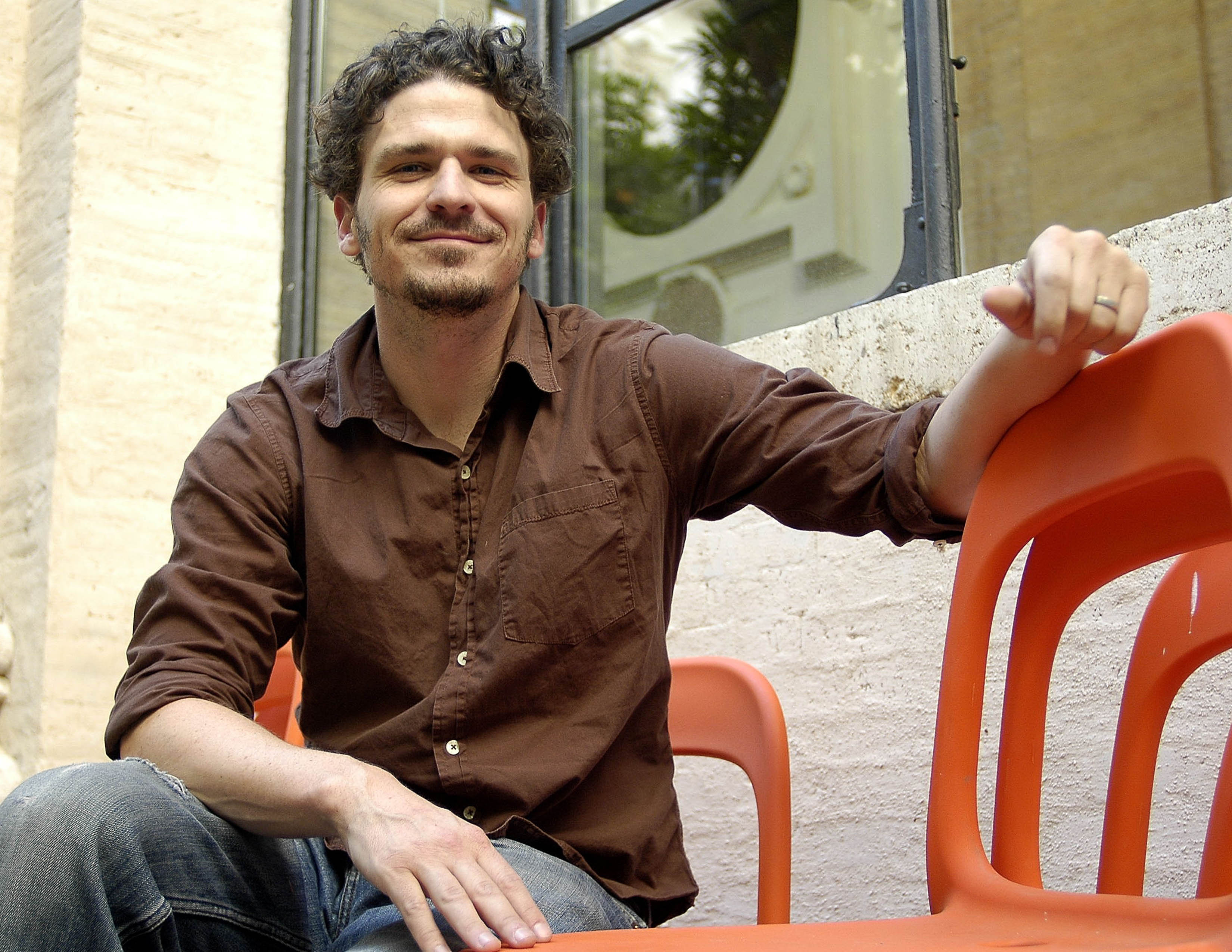 The story opens as Deng is being held hostage in his apartment by small-time thieves in Atlanta, the U.S. city where he was resettled from a Kenyan refugee camp. In Africa, he saw three boys carried away in the jaws of lions, watched childhood friends drop dead from exhaustion, and took beatings with brooms and spears, but he had never been kicked or hit in the face with the butt of a gun. “Now he seems to be enjoying himself, and this causes me worry,” he says of the man in his apartment. “When there is pleasure, there is often abandon, and mistakes are made. Seven kicks to the ribs, one to the hip, and he rests.”
The story opens as Deng is being held hostage in his apartment by small-time thieves in Atlanta, the U.S. city where he was resettled from a Kenyan refugee camp. In Africa, he saw three boys carried away in the jaws of lions, watched childhood friends drop dead from exhaustion, and took beatings with brooms and spears, but he had never been kicked or hit in the face with the butt of a gun. “Now he seems to be enjoying himself, and this causes me worry,” he says of the man in his apartment. “When there is pleasure, there is often abandon, and mistakes are made. Seven kicks to the ribs, one to the hip, and he rests.”
This is Deng’s philosophical, occasionally bemused voice as narrator of What Is the What, the voice of a survivor whose childhood ended abruptly when government helicopters swamped his village as he sat at his mother’s feet, feeding kindling to a fire. At seven, a boy can still “melt into his mother’s arms,” he says. “For me, though, this is the last time, for tomorrow I will not be a boy. I will be something else—an animal desperate only to survive.”
Astonishingly, the story is often funny. One of the jobs at an Ethiopian refugee camp where Deng stayed was to collect wood in a forest where boys had been disappearing. “The first two who died were well known for having been devoured by lions,” he says. “When our number was called for forest duty, some boys went mad. They hid in trees.” When Deng is called, he answers, “No, sir, I cannot be eaten by a lion here.” The commander threatens to beat him, and he thinks, “I had never heard such delicious words. I would take any beating over the risk of being devoured.”
What Is the What also paints a lucid picture of the political background that set up Sudan’s enduring civil wars. As many as 40,000 refugees lived for years in Kakuma, a desert wasteland in Kenya. When camp children take a rare bus trip to Nairobi, they’re stunned to find the country has mountains, forests, and crops. “Do not think it was lost on us that the Kenyans, and every international body that monitors or provides for the displaced, customarily place their refugees in the least desirable regions on earth,” Deng says. “There we become utterly dependent—unable to grow our own food, to tend our own livestock, to live in any sustainable way.”
It is a tragic place for the cattle-tending Dinka, Deng’s people in South Sudan. The book’s title is taken from a Dinka legend in which God offers the first Dinka man and woman either cattle or “the What.” They chose cattle.
In the U.S., Deng regularly volunteered to tell his story of Sudan to students and other public groups, and says in the book that he often visited Memphis to see his uncle. He returned to South Sudan after the book’s publication to run the school his namesake foundation supports, currently a refuge from the continuing civil war for about 500 students. Until recently, he was also a minister of education for South Sudan, overseeing 800 public schools. He now lives in Nairobi with his wife and three children.

Peggy Burch was books editor at The Commercial Appeal in Memphis for ten years, and she also worked as a deputy metro editor and Arts & Entertainment editor for the newspaper. She is a graduate of the Newhouse School of Public Communications at Syracuse University and holds a master’s degree in English literature from the University of Mississippi.
